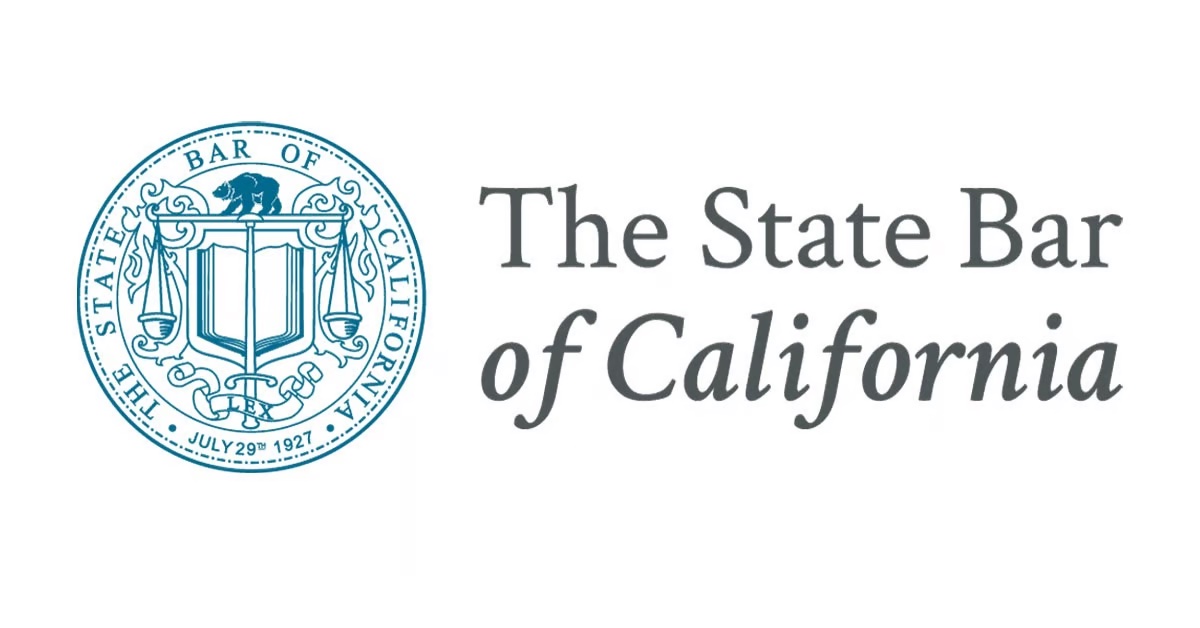and Probate Law Firm
Estate Planning versus Elder Law
Estate planning and elder law are related fields, but they focus on different aspects of legal and financial planning, primarily based on the life stage and needs of the individuals involved. As an experienced Folsom estate planning and elder law lawyer, I am often asked by clients which area of law is most applicable to them. The following will provide some guidance with respect to this question.
- Estate Planning:
- Focus: Estate planning typically focuses on preparing for the distribution of a person’s assets and the management of their affairs after death. Additionally, this focus also encompasses the financial aspect of such distributions, including minimizing estate taxation. Moreover, it also seeks the distribution to take place in the most efficient way possible. This may include the avoidance of probate and a smoother transfer of wealth to the next generation of a family.
- Components: Common components of estate planning include wills, trusts, powers of attorney, advance directives, and beneficiary designations.
- Goals: The primary goals of estate planning are to ensure that a person’s wishes regarding the distribution of their assets are carried out, minimize estate taxes, and provide for the smooth transfer of assets to heirs or beneficiaries.
- Elder Law:
- Focus: Elder law, on the other hand, concentrates on legal issues affecting older individuals, often addressing both their immediate needs and long-term care planning.
- Components: Elder law covers a broad range of legal issues, including healthcare planning, long-term care, guardianship, Medicaid planning, and protection against elder abuse and exploitation.
- Goals: The goals of elder law include helping seniors maintain quality of life, addressing healthcare needs, protecting assets from the high costs of long-term care, and ensuring that individuals are well-cared for as they age.
While there is some overlap between estate planning and elder law, especially in areas like wills and powers of attorney, the emphasis in elder law is often on planning for the challenges associated with aging and potential incapacity. Elder law attorneys may help individuals navigate complex issues such as Medicaid eligibility, nursing home planning, and establishing legal mechanisms to protect assets. While many younger clients are interested in estate planning, particularly those clients with families, these same clients are usually not concerned with elder issues such as Medicaid and incapacity.
Conclusion
In summary, estate planning is a broader concept that encompasses preparing for the distribution of assets upon death, while elder law is more specific to the legal needs and challenges faced by the elderly population during their lifetime. Individuals may find that their legal planning needs evolve, and a comprehensive approach that incorporates both estate planning and elder law considerations may be beneficial, particularly as they age. Consulting with a Folsom attorney who specializes in estate planning and elder law can help ensure a holistic and well-rounded approach to legal planning. Additionally, it may be beneficial to consult with a financial professional to ensure a maximization of wealth. If you have any other questions about estate planning versus elder law, contact Thapar Law at 916-579-0605 or send us a message.







